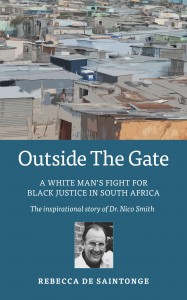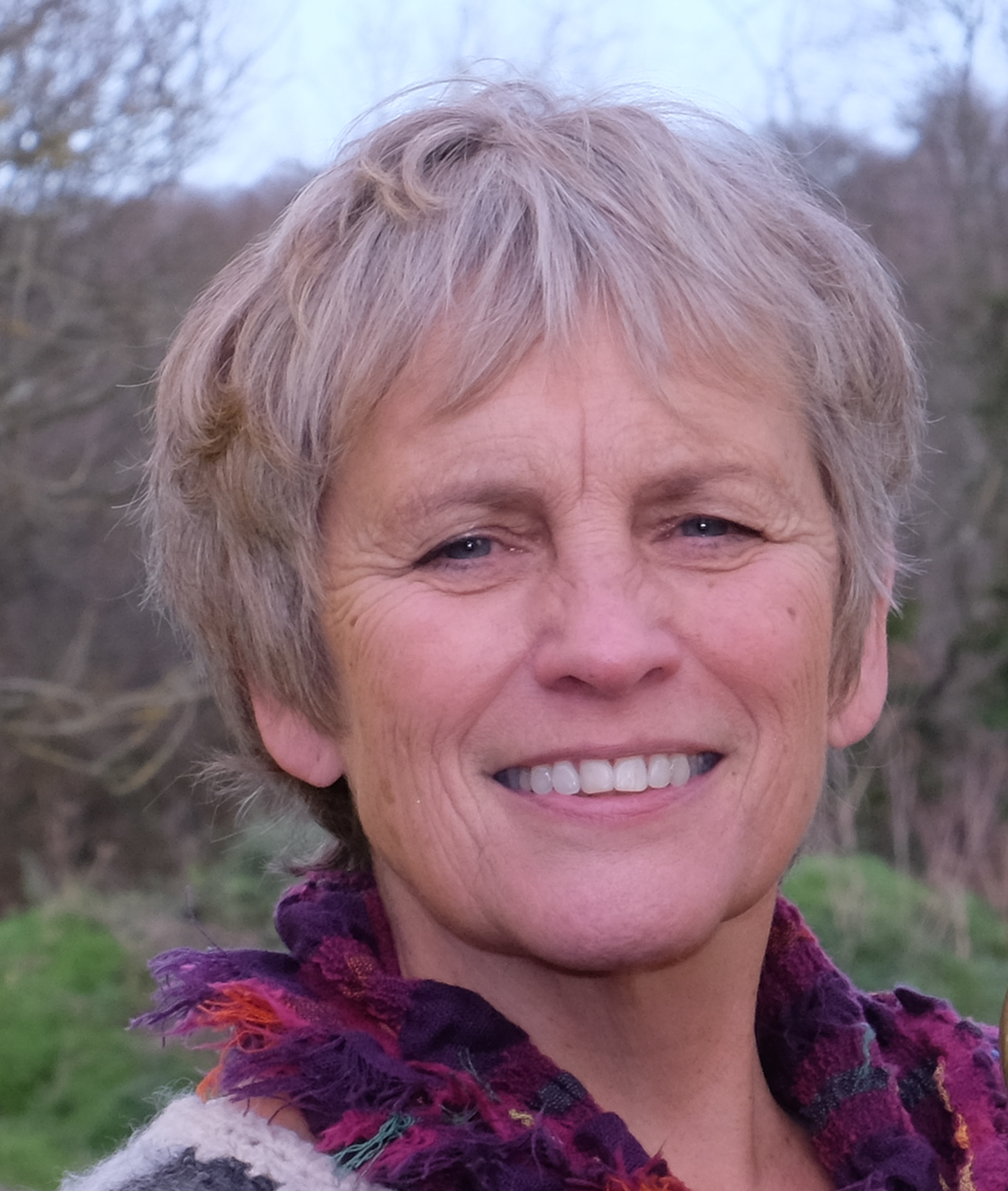How the story of other people’s lives challenge and inspire our own

I don’t think anyone, reading the news today, could fail to be dismayed by the extent that racial disharmony is fragmenting communities across the world. The escalating violence, the naked hatred we witness on an almost daily basis, has left us reeling.
Does that mean that somehow, we all have to re-think our own values? And if so how? How do we re-evaluate those deeply felt beliefs that define who we are? And how do whole communities, especially those entrenched in class or racist values, ever change? Is it possible?
Well yes, it is. A few years ago I met, and wrote about, an extraordinary white South African who not only radically altered his fundamental political and spiritual beliefs, but influenced a community to do the same.
British Concentration Camps
Nico Smith was an Afrikaner and a passionate believer in Apartheid and Afrikaner domination. His grandmother had been incarcerated in one of the British Concentration camps during the Boer War – camps in which 26,000 Afrikaner women and children and 13,000 black Africans died – and from childhood he had been taught that the British were the enemy and that blacks were both inferior, and dirty. So deeply ingrained in the Afrikaner psyche was this sense of blacks being unclean, that as an adult he, like so many other Afrikaners, was physically unable to sit down at the same table as a black person, and eat. His views were endorsed by the Dutch Reformed Church which taught that racial separation was a divine law, willed by God.
Nico joined the Broederbond, the secret brotherhood of Afrikaners who permeated all the top political positions in the country and who were set on controlling South African political, spiritual and social life. They were frighteningly successful. It was the Broederbond who formulated apartheid, basing many of their laws on those of Nazi Germany. By 1978 every member of the Cabinet, bar two, were part of the brotherhood, as were a succession of Prime Ministers.
Nico became a Professor of Theology at the prestigious Stellenbosch University, with a growing public profile. He was also a pastor in the Dutch Reformed Church and followed the party line, that apartheid was willed by God.
Everything I believed in was wrong
But then, for Nico, it all fell apart. He began to grow uneasy. A series of challenging situations and meetings led him to realise that he was completely wrong. That everything he had been taught to believe about himself, his theology, his role in society, was utterly, and appallingly, wrong.
After a near death experience, and an encounter with the theologian philosopher Karl Barth, Nico painfully, slowly and with extraordinary courage, completely changed course. With his wife Ellen he moved into the black township of Mamelodi – the only whites in the community. An extraordinary move that cost him his job, his friends, many of his family, and his position in society. And on many occasions, it nearly cost him his life. This was a period of escalating racial violence with daily murders and necklacing, a dangerous time for anyone living in the townships, but most especially a white man.
A simple shared meal that changed hearts and minds
Undeterred, he started a revolutionary movement – Koinonia – which had the simple aim of encouraging white and black South Africans to eat together, to share a meal, in the course of which, they shared their stories. It was a forerunner of the Commission for Truth and Reconciliation. The movement grew, as did Nico’s international reputation. And there is no doubt that he was hugely influential in helping to bring about the changes that ended the apartheid era.
I was privileged to write his biography. A while ago I was asked by a South African minister to re-issue the book as members of the Dutch Reformed Church were now struggling to come to terms with their past, and for many, their anger for being taught to believe in a system they now see as repugnant.
OUTSIDE THE GATE- A White man’s fight for black justice in South Africa is now on sale as a paperback and on kindle. If you’re interested, be sure to get the new edition, with a preface by Douglas Bar and this endorsement, from Professor Piet Naude:
As South Africans struggle at the current moment to live beyond our trenches of race, gender and especially class, this book is a must read to inspire us to move beyond the enclaves that hold us captive. I warmly recommend a re-edition of this book.
Maybe it is not just members of the DRC who would gain inspiration from Nico’s inspirational journey of self awareness. As we view what is happening in the United States, and in our own country, at the present time, I believe his story could inspire others to re-think, and to explore the possibility of new, and more creative relationships, with those who had previously seemed so alien and unknowable.
This was written by
admin. Posted on
Tuesday, June 26, 2018, at 2:49 pm. Filed under
Welcome. Bookmark the
permalink. Follow comments here with the
RSS feed. Comments are closed, but you can leave a
trackback.

